Shaoyang Hao
c-TextGen: Conditional Text Generation for Harmonious Human-Machine Interaction
Sep 08, 2019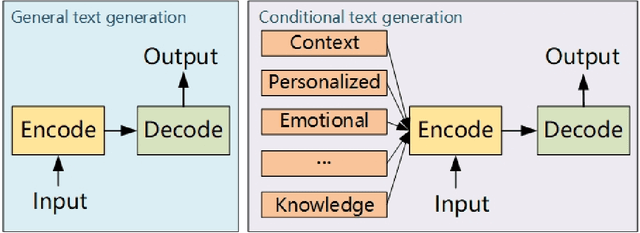
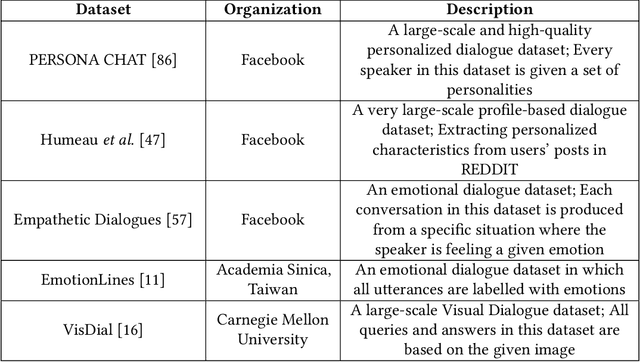
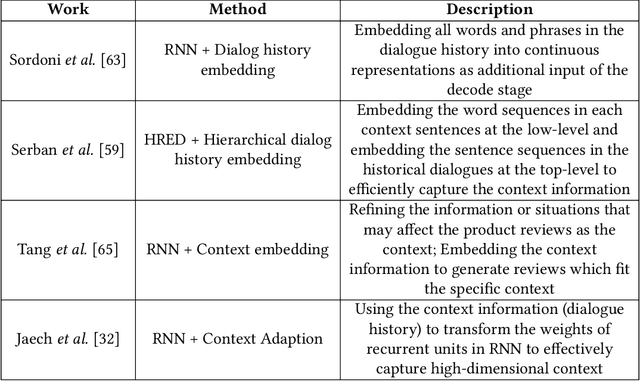
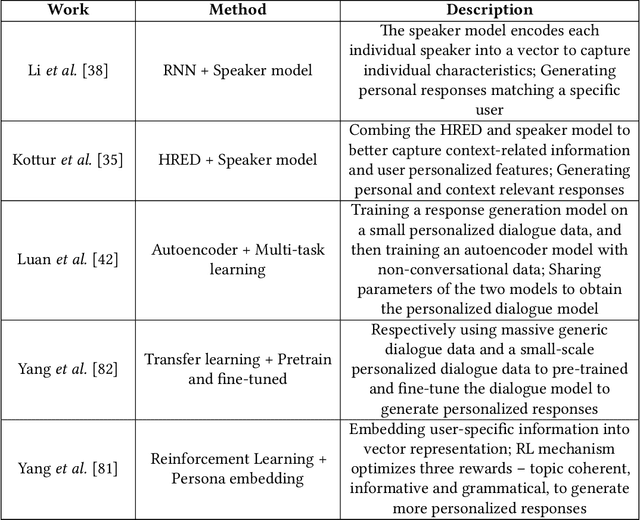
Abstract:In recent years, with the development of deep learning technology, text generation technology has undergone great changes and provided many kinds of services for human beings, such as restaurant reservation and daily communication. The automatically generated text is becoming more and more fluent so researchers begin to consider more anthropomorphic text generation technology, that is the conditional text generation, including emotional text generation, personalized text generation, and so on. Conditional text generation (c-TextGen) has thus become a research hotspot. As a promising research field, we find that many efforts have been paid to researches of c-TextGen. Therefore, we aim to give a comprehensive review of the new research trends of c-TextGen. We first give a brief literature review of text generation technology, based on which we formalize the concept model of c-TextGen. We further make an investigation of several different c-TextGen techniques, and illustrate the advantages and disadvantages of commonly used neural network models. Finally, we discuss the open issues and promising research directions of c-TextGen.
AI-Powered Text Generation for Harmonious Human-Machine Interaction: Current State and Future Directions
May 01, 2019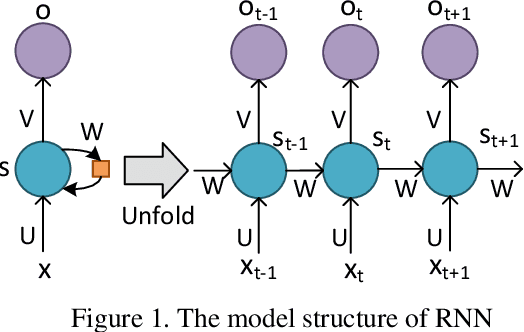
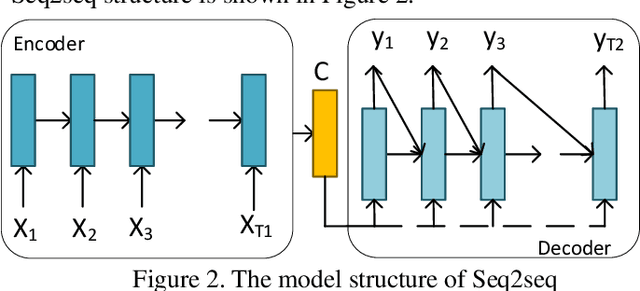
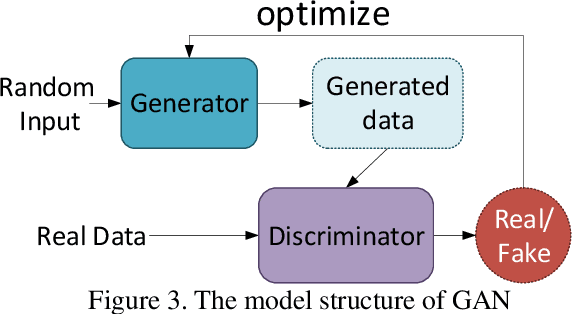
Abstract:In the last two decades, the landscape of text generation has undergone tremendous changes and is being reshaped by the success of deep learning. New technologies for text generation ranging from template-based methods to neural network-based methods emerged. Meanwhile, the research objectives have also changed from generating smooth and coherent sentences to infusing personalized traits to enrich the diversification of newly generated content. With the rapid development of text generation solutions, one comprehensive survey is urgent to summarize the achievements and track the state of the arts. In this survey paper, we present the general systematical framework, illustrate the widely utilized models and summarize the classic applications of text generation.
 Add to Chrome
Add to Chrome Add to Firefox
Add to Firefox Add to Edge
Add to Edge